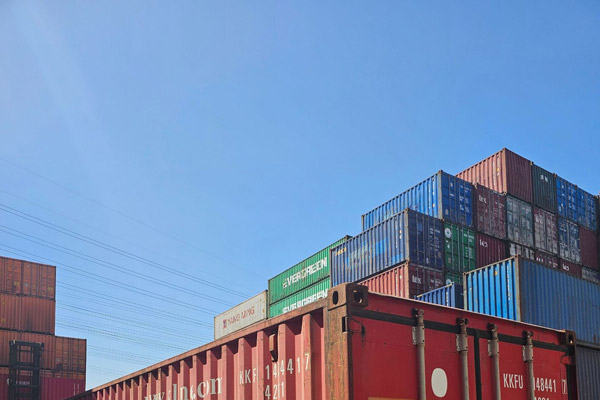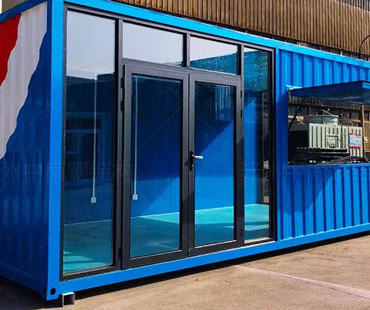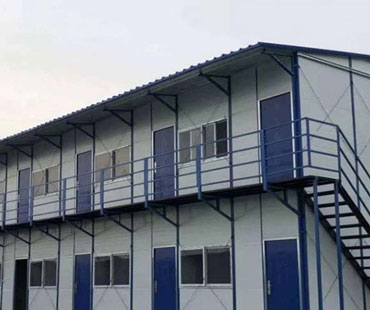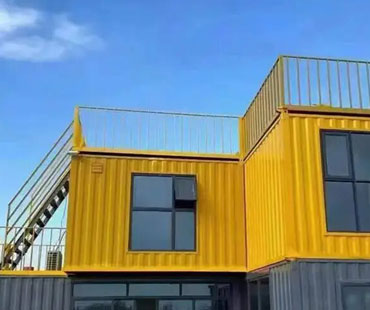In recent years, the logistics industry has undergone a significant transformation driven by the integration of intelligent technology. In China, a country that plays a pivotal role in global trade, container logistics has been at the forefront of this technological evolution. The adoption of intelligent technologies such as Artificial Intelligence (AI), the Internet of Things (IoT), big data analytics, and automation is reshaping the landscape of container logistics, leading to improved efficiency, reduced costs, and enhanced customer experiences. However, this transformation is not without its challenges.
Applications of Intelligent Technology in Container Logistics
1.Automation and Robotics
One of the most significant advancements in container logistics is the use of automation and robotics in port operations. Automated cranes and vehicles can handle container loading and unloading with precision and speed, significantly reducing turnaround times at ports. For instance, the Shanghai Port, one of the busiest in the world, has implemented automated guided vehicles (AGVs) to transport containers, leading to increased operational efficiency and safety.
2.Internet of Things (IoT) for Real-Time Tracking
The IoT has revolutionized container tracking and management. By equipping containers with smart sensors, logistics companies can monitor the condition and location of cargo in real time. This technology allows for efficient route planning and enhances supply chain transparency. For example, companies like Alibaba and JD.com utilize IoT technology to provide real-time updates to customers, ensuring they are informed about the status of their shipments.
3.Big Data Analytics for Decision-Making
Big data analytics plays a crucial role in optimizing logistics operations. By analyzing vast amounts of data collected from various sources, logistics companies can make informed decisions regarding inventory management, demand forecasting, and route optimization. In China, many logistics firms leverage big data to enhance their operational efficiency, reduce costs, and improve customer satisfaction.
4.Artificial Intelligence for Predictive Analytics
AI technologies are increasingly being employed to predict trends and optimize logistics processes. Machine learning algorithms can analyze historical data to forecast demand patterns, allowing companies to adjust their operations proactively. For instance, using AI, logistics firms can predict peak shipping times and allocate resources more effectively, thereby minimizing delays and improving service levels.
5.Blockchain for Enhanced Security and Transparency
Blockchain technology is gaining traction in container logistics by providing a secure and transparent method for recording transactions and tracking shipments. This technology enhances traceability, reduces fraud, and improves compliance with regulations. In China, initiatives are underway to explore blockchain applications for logistics, promising increased efficiency and security in container shipping.

While the benefits of intelligent technology in container logistics are evident, several challenges hinder its widespread adoption in China:
1.High Initial Costs
The initial investment required for implementing intelligent technologies can be substantial. Many logistics companies, especially smaller firms, may struggle to afford the necessary infrastructure and technology. This financial barrier can slow down the overall adoption of smart logistics solutions across the industry.
2.Integration with Legacy Systems
Many logistics companies in China still rely on outdated legacy systems. Integrating new intelligent technologies with these existing systems poses significant challenges. The transition can be complex and may require extensive retraining of staff, leading to resistance to change within organizations.
3.Cybersecurity Threats
As logistics operations become more digitized, the risk of cyberattacks increases. Cybersecurity threats can compromise sensitive data and disrupt operations. Ensuring robust cybersecurity measures are in place is crucial to protect against potential attacks, but this requires additional investment and expertise.
4.Regulatory and Compliance Issues
The logistics industry is subject to various regulations and compliance requirements. The rapid evolution of technology can outpace regulatory frameworks, leading to uncertainty and potential legal challenges. Companies must navigate these regulatory landscapes carefully to avoid penalties and ensure compliance.
5.Skills Gap and Workforce Challenges
The implementation of intelligent technologies requires a skilled workforce capable of operating and maintaining these systems. However, there is often a skills gap in the logistics sector, with a shortage of professionals trained in advanced technologies. Companies must invest in training and development programs to equip their workforce with the necessary skills for the future of logistics.
The application of intelligent technology in China’s container logistics is transforming the industry, driving efficiency, improving transparency, and enhancing customer experiences. However, the journey toward a fully integrated smart logistics ecosystem is fraught with challenges, including high costs, integration issues, cybersecurity threats, regulatory hurdles, and workforce readiness. Addressing these challenges will require collaboration between government, industry stakeholders, and educational institutions to foster innovation and ensure a smooth transition into the future of logistics. As China continues to embrace smart technology, the potential for a more resilient and efficient container logistics system is within reach, promising to bolster its position as a global leader in trade and logistics.


